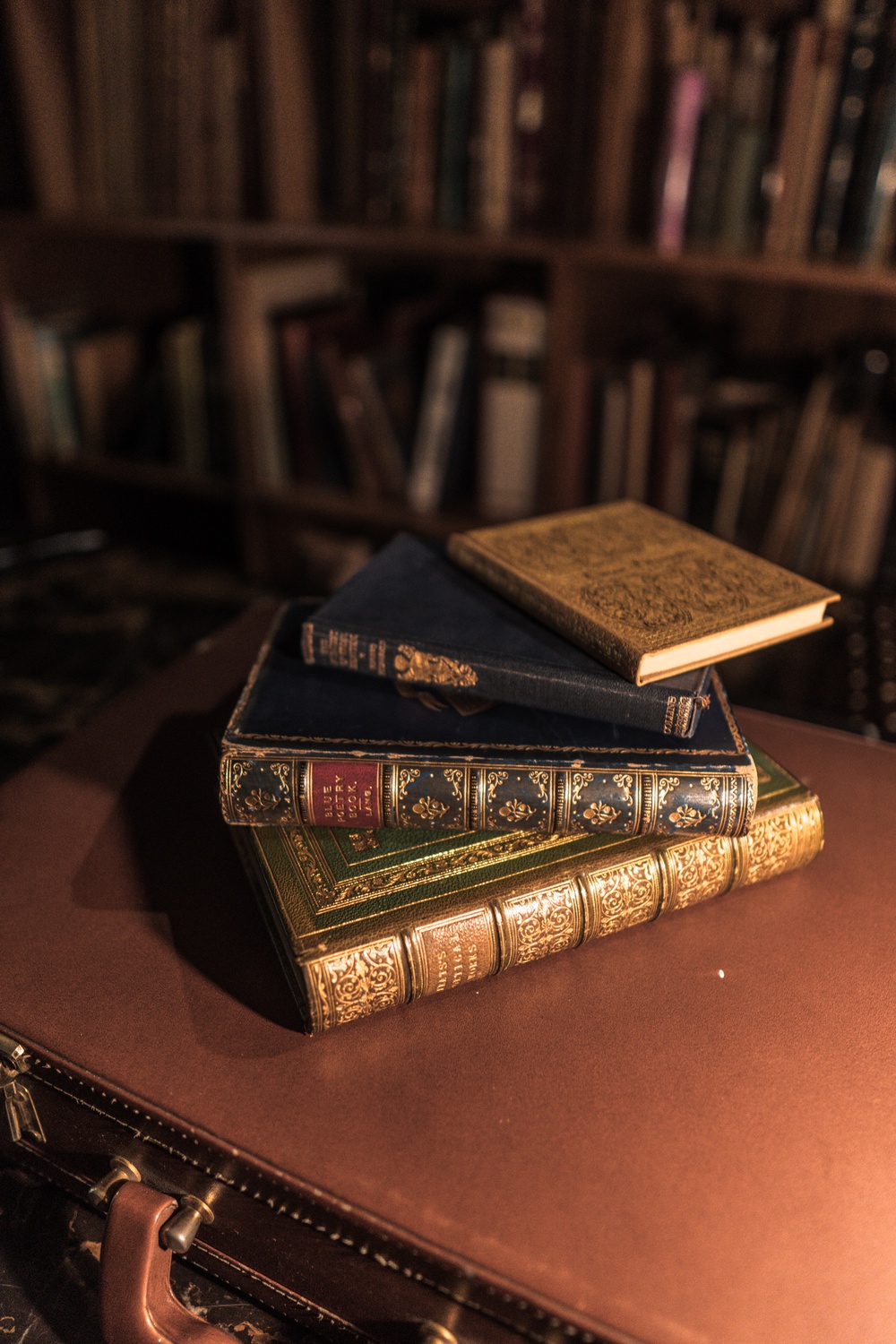
News
Summers Will Not Finish Semester of Teaching as Harvard Investigates Epstein Ties

News
Harvard College Students Report Favoring Divestment from Israel in HUA Survey

News
‘He Should Resign’: Harvard Undergrads Take Hard Line Against Summers Over Epstein Scandal

News
Harvard To Launch New Investigation Into Epstein’s Ties to Summers, Other University Affiliates

News
Harvard Students To Vote on Divestment From Israel in Inaugural HUA Election Survey
From Our Writers: What We're Reading Over Break
Three of our writers dive into what books they're reading over break, and why.
‘Twilight’ — Stephanie Meyers
Mira S. Alpers, Contributing Writer
Somehow, I have never read or watched “Twilight.” I was a little too young at the height of the series’ prominence, and did not get a chance to dive into the wacky world of Bella Swan and her immortal vampire boyfriend. It makes sense that I feel just a little culturally illiterate. In reading “Twilight” this winter break I hope to find answers to several key questions. Is it true vampires sparkle? Can love withstand the pressures of a 100-year age gap? And, most importantly, am I Team Edward or Team Jacob? Only through the words of Stephenie Meyer will I ever come to any conclusion about these pressing issues. Though, if I’m being honest with myself, I might just watch the movies.
“Wayward Son” — Rainbow Rowell
Millie Mae Healy, Contributing Writer
This is the sequel to Rowell’s 2015 book “Carry On: The Rise and Fall of Simon Snow.” If you know what this means: it’s a “what might have been” for if Drarry had happened in a different, uniquely clever magic system. If not, it manages to be a story that is both about a teenage “Chosen One” caught in brewing political magic wars while also facing an insidious threat to all of magic, as well as an LBGTQ+ coming of age story of self-discovery. “Wayward Son” picks up where “Carry On” left off with the surviving characters going on an accidentally emotionally cathartic road-trip. It’s a surprising, hilarious, and heartfelt story about what happens after the happily ever after, and coming to terms with not ending up where you expected to, and how that’s okay — even better than okay. Since we can’t go anywhere at the moment, I figure now is the perfect time to read about Brits driving from Chicago to San Diego, severely underestimating the distance, and having one hell of a journey.
“On The Road” — Jack Kerouac
Sofia Andrade, Staff Writer
I admit, Jack Kerouac’s 1957 ode to ‘60s counterculture has been sitting on my desk for months now. Reading about the freedom of Kerouac’s travels while neck-deep in responsibilities just didn’t seem right. In “On the Road,” Kerouac immortalizes the Beat generation and its icons, including Allen Ginsburg and William Borroughs, in glowing infamy. Throughout, Kerouac’s lyrical prose contrasts with the wildness of the novel’s crass imagery to create a striking sense of urgency grounded only by the novel’s extreme hyperbole. The book, supposedly based on Kerouac’s own travels with his friends, is the perfect escape from the pandemic-induced stagnation many of us find ourselves in. Kerouac restlessly blazes through his adventures in travel, jazz, and, most prominently, psychedelics, while readers can take it all in from the comfort of their own home. An ode to the great American road trip as much as it is an ode to the unfettered nature of the Beats, “On the Road” promises to be just outlandish and exuberant enough to push readers out from the four walls they may find themselves trapped by.
Want to keep up with breaking news? Subscribe to our email newsletter.

